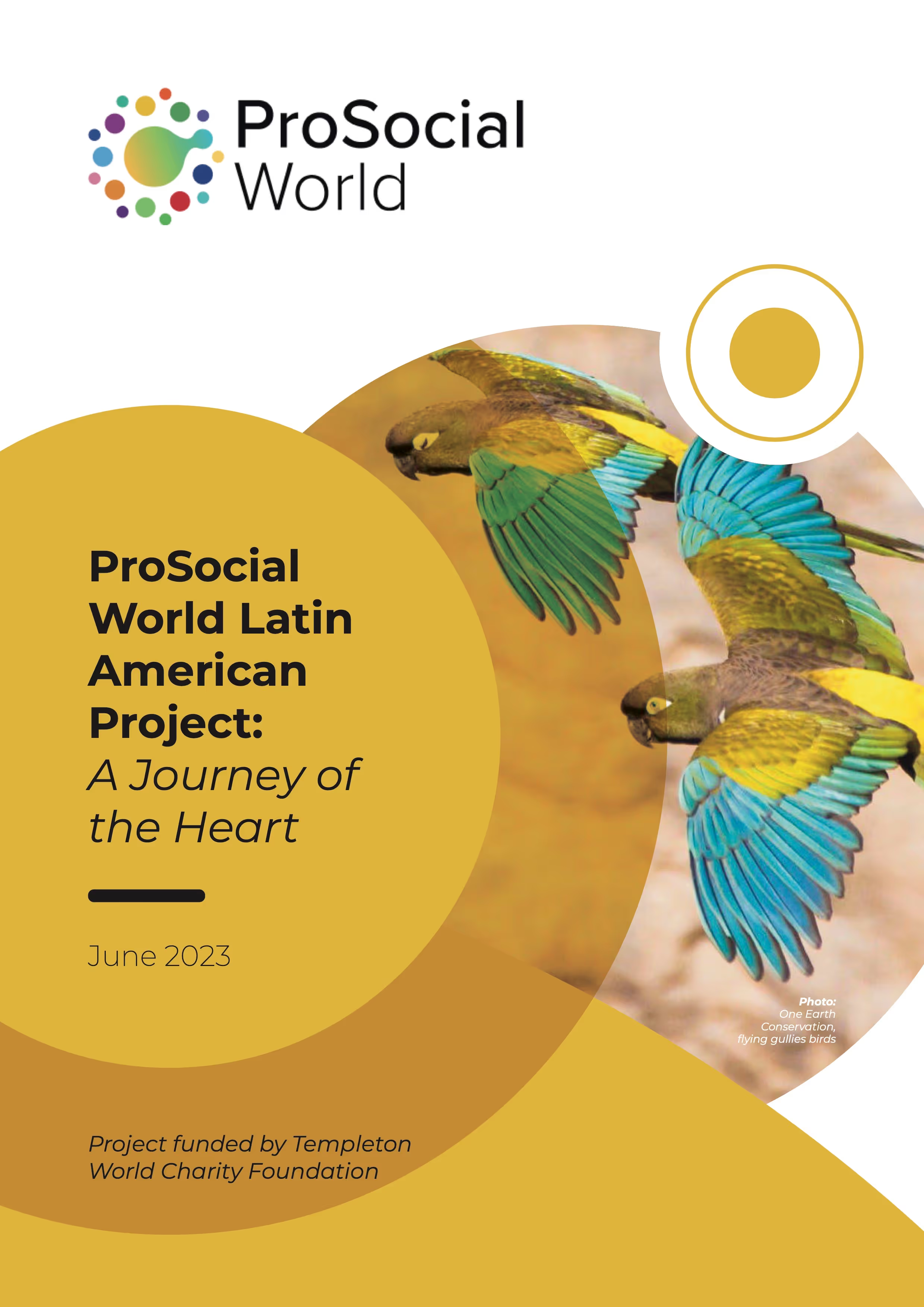Supplementary chapter to Prosocial: Using Evolutionary Science to Build Productive, Equitable, and Collaborative Groups
The vast majority of conversations we might have on any given day are not particularly emotionally challenging. These conversations whiz by without us even noticing. But the conversations that are going to trip up a group’s attempts to be prosocial are the ones that include differences of opinion and conflict. How are we to deal with those challenging conversations? Even though only a small proportion of our total relationships involve difficult conversations, they consume a great deal of our energy in terms of planning, worrying, regretting, griping, talking with others, and so on.To the extent that we have effective ways of dealing with difficult conversations we have more mental and emotional energy to do our work and live our lives with vitality and engagement. Being able to speak and listen in ways that build engagement, commitment, and learning with anybody gives us tremendous power to shape our own lives and to better collaborate with others.These skills are particularly relevant for enhancing core design principle 6: fast and fair conflict resolution. We often treat this skill development work as a goal for action when working on that principle, but we’re going over these skills separately here because we think they’re also useful for the Prosocial process in general. That is, when we talk about all the other principles, and when we do the matrix, we will have conversations that reflect differences in perspectives and values, and these conversations need to be safe and cordial in order to move a group toward the goal of integrating individual needs with collective needs.
To develop skills in conversation it’s useful to think of three hats, or roles, you can alternate between:
• Giving good information (speaking)
• Listening mindfully (listening)
• Structuring or facilitating the conversation













